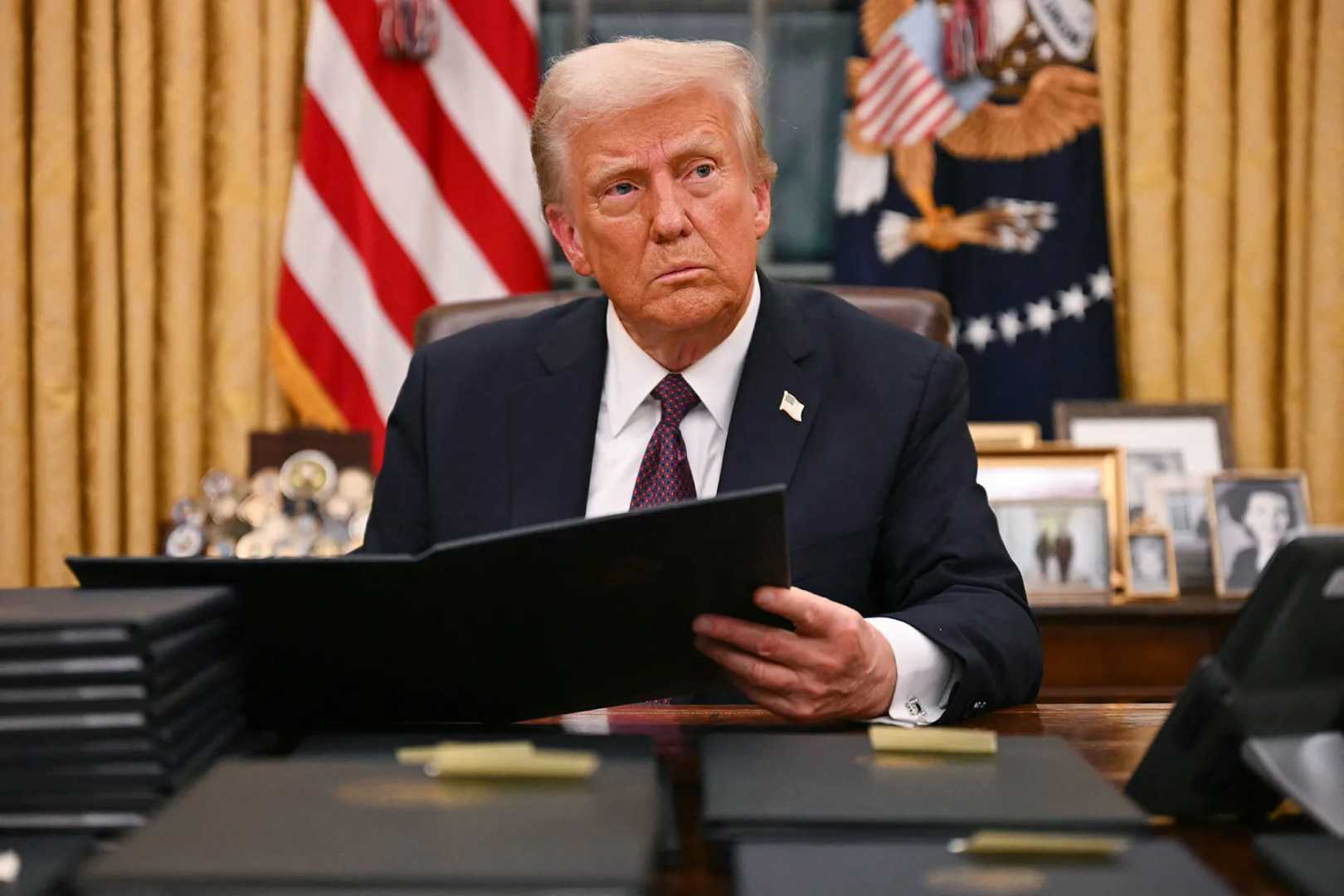News
Trump Orders Federal Workers Back to Office, Sparks Concerns Over Productivity

WASHINGTON, D.C. — President Donald Trump signed an executive order on Jan. 20, 2025, requiring federal employees to return to in-person work full-time, overturning hybrid work arrangements established during the COVID-19 pandemic. The order, which mandates agencies to implement the change by 5 p.m. on Friday, has sparked widespread concern among federal workers about productivity, retention, and work-life balance.
The order states, “Heads of all departments and agencies in the executive branch of Government shall, as soon as practicable, take all necessary steps to terminate remote work arrangements and require employees to return to work in-person at their respective duty stations on a full-time basis.” Exemptions are allowed at the discretion of department heads.
According to a Federal News Network survey of over 4,600 federal employees, 71% of respondents cited commuting as their top concern, followed by work-life balance (68%) and employee retention (60%). Many employees expressed frustration with the “one-size-fits-all” approach, arguing that telework policies should vary by agency and job function.
“They need to look at individual agencies and individual jobs,” one survey respondent wrote. “Some jobs just do not need to be done in office — and some absolutely should.”
The Department of Government Efficiency (DOGE), led by Elon Musk, has supported the move, viewing it as a way to reduce government spending and encourage voluntary layoffs. Musk, in a recent op-ed co-authored with former DOGE co-leader Vivek Ramaswamy, wrote, “If federal employees don’t want to show up, American taxpayers shouldn’t pay them for the COVID-era privilege of staying home.”
In addition to the return-to-office mandate, Trump signed an order freezing the hiring of federal civilian employees, excluding military personnel and roles related to national security, immigration enforcement, and public safety. The hiring freeze applies to all vacant positions as of noon on Jan. 20, 2025.
Survey respondents also raised concerns about the physical workspace, with more than a quarter stating that the quality of their office environment would be negatively impacted. “A crammed, noisy, small cubicle farm does not allow for concentration needed for high-quality and high-volume work,” one respondent wrote.
Despite the push for in-person work, many employees highlighted the benefits of telework, including increased productivity and better work-life balance. “My team is more productive in a teleworking environment — the output proves it,” one respondent noted. Others warned that the mandate could lead to a loss of talented employees, with one stating, “It will result in talented employees leaving the government.”
As agencies prepare to implement the order, questions remain about how the transition will be managed and whether it will achieve its intended goals of improving efficiency and reducing costs.












